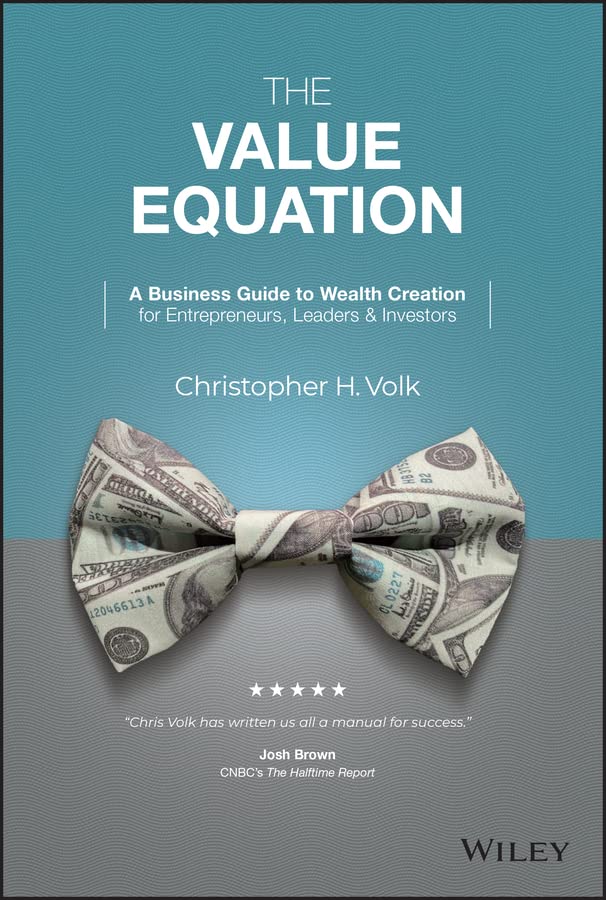The Value Equation: A Business Guide to Wealth Creation for Entrepreneurs, Leaders & Investors
amazon.com
The Value Equation: A Business Guide to Wealth Creation for Entrepreneurs, Leaders & Investors

Most importantly, and most concerning, roughly 64% of American households had a net worth less than $100,000 outside of their home, with much of that group having no savings.
Just 1.2% of households had a net worth between $5 million and $25 million. And just 196,000 households, or about .2% of the total, had net worths in excess of $25 million. Buried somewhere in that last number are the nation's 927 unicorn billionaires.
Just 10.4% of American households in 2019 had a net worth outside of their primary residence of more than $1 million. Realistically speaking, if you could be in this group, that would be a significant win.
The online trading firms did not want to help me understand how well I was doing at investing. “Buy and hold” value investment strategies, when viewed from the vantage point of discount brokerage firms, were less desirable. They simply wanted me to trade more.
Business models come and go, and the dynamics of their changes are reflected in our overall economic dynamism. As Benjamin Franklin said, “When you're finished changing, you're finished.”
Peter Drucker once stated, “Whenever you see a successful business, someone once made a courageous decision.” I believe that strong successful business cultures are those that never cease to make courageous decisions.
As Peter Drucker observed, leaders often fail to focus on meaningful objectives in their attempt to implement MBO, making the exercise ineffective.
I believe that corporate reengineering is best and least risky if it is constantly done. In that light, business model changes tend to be more evolutionary and less revolutionary, with corporate cultures open to constant self-assessment and change.
A key part of business leadership is staying on top of externally imposed changes, trying to avoid unanticipated surprises.